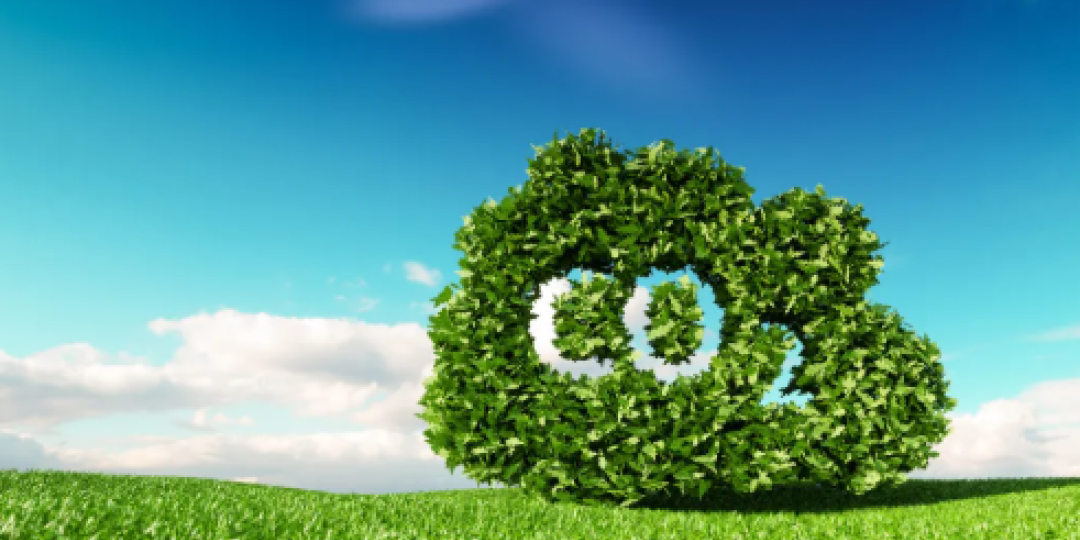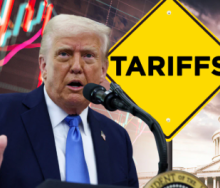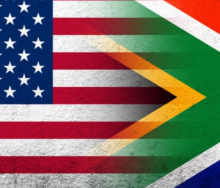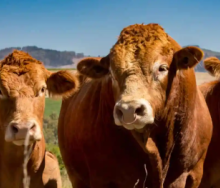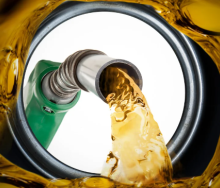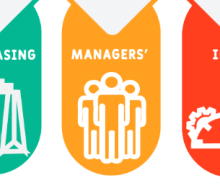South Africa is making the most of opportunities to drive industrialisation through global decarbonisation efforts, says Minister of Trade, Industry and Competition, Parks Tau.
Tau this week led a team of officials from the Department of Trade, Industry and Competition (dtic) to a joint briefing session of Parliament’s Portfolio Committees on Trade and Industry and Science, Technology and Innovation.
The aim of the session was to engage on South Africa’s Green Hydrogen Commercialisation Strategy and the White Paper on Electric Vehicles.
Tau told committee members that South Africa had committed to reducing greenhouse gas emissions, as envisaged in the Just Energy Transition, and that it had partnered with the rest of the world to decarbonise.
Tau said South Africa must decarbonise its economy and position itself to commercially benefit from the global shift to greener technologies.
“Green hydrogen presents an opportunity to export natural resources such as sunshine and wind, which South Africa has in abundance,” Tau said.
“The global demand for green hydrogen presents ample industrialisation opportunities, not only for South Africa but for other African countries, so we need to collaborate and integrate efforts to drive the industrialisation agenda for the continent as a whole.
“The speed with which we move will determine whether we are able to take full advantage of the transition or we are left behind,” he said.
Tau added that the worldwide move to electric vehicles was advancing at a fast pace and the country was embracing the transition through the White Paper on Electric Vehicles and support for the automotives industry. .
The White Paper on Electric Vehicles outlines a commitment to ensuring that the transition is not just about decarbonisation but is also leveraged for growth by deepening the automotive value chain, fostering local industry growth, and aligning with economic priorities. The approach aims to be pro-growth and pro-investment.
Regarding the carbon intensity of the South African economy, Tau said the government was cognisant of the fact that measures such as the Carbon Border Adjustment Mechanism (CBAM), introduced by the European Union (EU), needed to be challenged via the World Trade Organization as it was likely to have a negative impact on economic growth efforts.
The CBAM intends to mitigate carbon leakage by imposing a carbon border tax on the embedded greenhouse gases of carbon-intensive products that are imported into the EU.
– SAnews.gov.za
